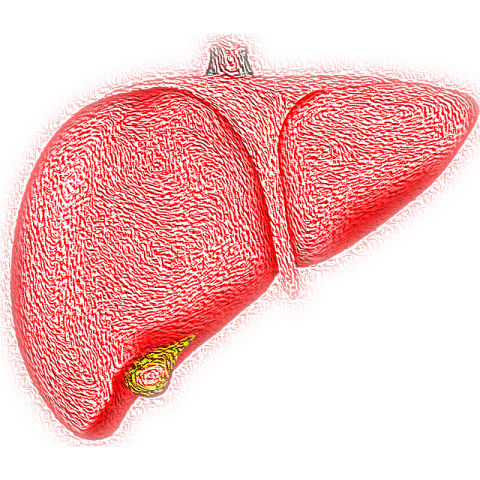Dicerna Pharmaceuticals has secured orphan drug designation from the European Commission (EC) for its DCR-A1AT to treat congenital alpha-1 antitrypsin (A1AT) deficiency.

Image: A1AT deficiency is a genetic disorder that can cause liver disease in children and adults. Photo: courtesy of VSRao from Pixabay.
Subscribe to our email newsletter
The status has been provided to DCR-A1AT based on a positive opinion from the Committee for Orphan Medicinal Products (COMP) of the European Medicines Agency (EMA).
A1AT deficiency is a genetic disorder, which can cause liver disease in children and adults. It may result in complications such as fatigue, jaundice or unintended weight loss.
DCR-A1AT is a subcutaneously administered ribonucleic acid interference (RNAi) therapeutic, which is being assessed to treat liver disease in patients with alpha-1 antitrypsin (A1AT) deficiency.
A1AT plays a significant role in various biological functions, including regulating the activity of neutrophil elastase that enables the body to fight infection.
In June this year, Dicerna submitted a clinical trial application to the Swedish Medical Products Agency for DCR-A1AT to treat patients with A1AT deficiency-associated liver disease and started recruiting healthy volunteers in the Phase 1/2 trial in the fourth quarter of this year.
Dicerna’s ribonucleic acid interference (RNAi) technology platform known as GalXC will help boost the development of next-generation RNAi-based therapies that can restrict disease-driving genes in the liver and other tissues.
Liver-targeted GalXC-based compounds facilitate subcutaneous delivery of RNAi therapies, which are designed to bind specifically to receptors on liver cells. It will help in the internalisation and offer access to the RNAi machinery within the cells.
Compounds produced through GalXC can be used across multiple therapeutic areas, including both liver and non-liver indications.
Dicerna chief medical officer Dr Ralf Rosskamp said: “We are gratified to see regulators recognize the urgent need for the development of a safe and effective therapy for treatment of alpha-1 antitrypsin deficiency.
“This orphan drug designation from the European Commission acknowledges the needs of this underserved patient population, and we look forward to continuing to investigate DCR-A1AT’s potential in our recently initiated DCR-A1AT development program that includes a Phase 1/2 study now underway in healthy volunteers.”
In November this year, Dicerna Pharmaceuticals and Novo Nordisk signed a deal worth up to around $607m to discover and develop drugs for liver-related cardio-metabolic diseases.
 Advertise With UsAdvertise on our extensive network of industry websites and newsletters.
Advertise With UsAdvertise on our extensive network of industry websites and newsletters.
 Get the PBR newsletterSign up to our free email to get all the latest PBR
news.
Get the PBR newsletterSign up to our free email to get all the latest PBR
news.

